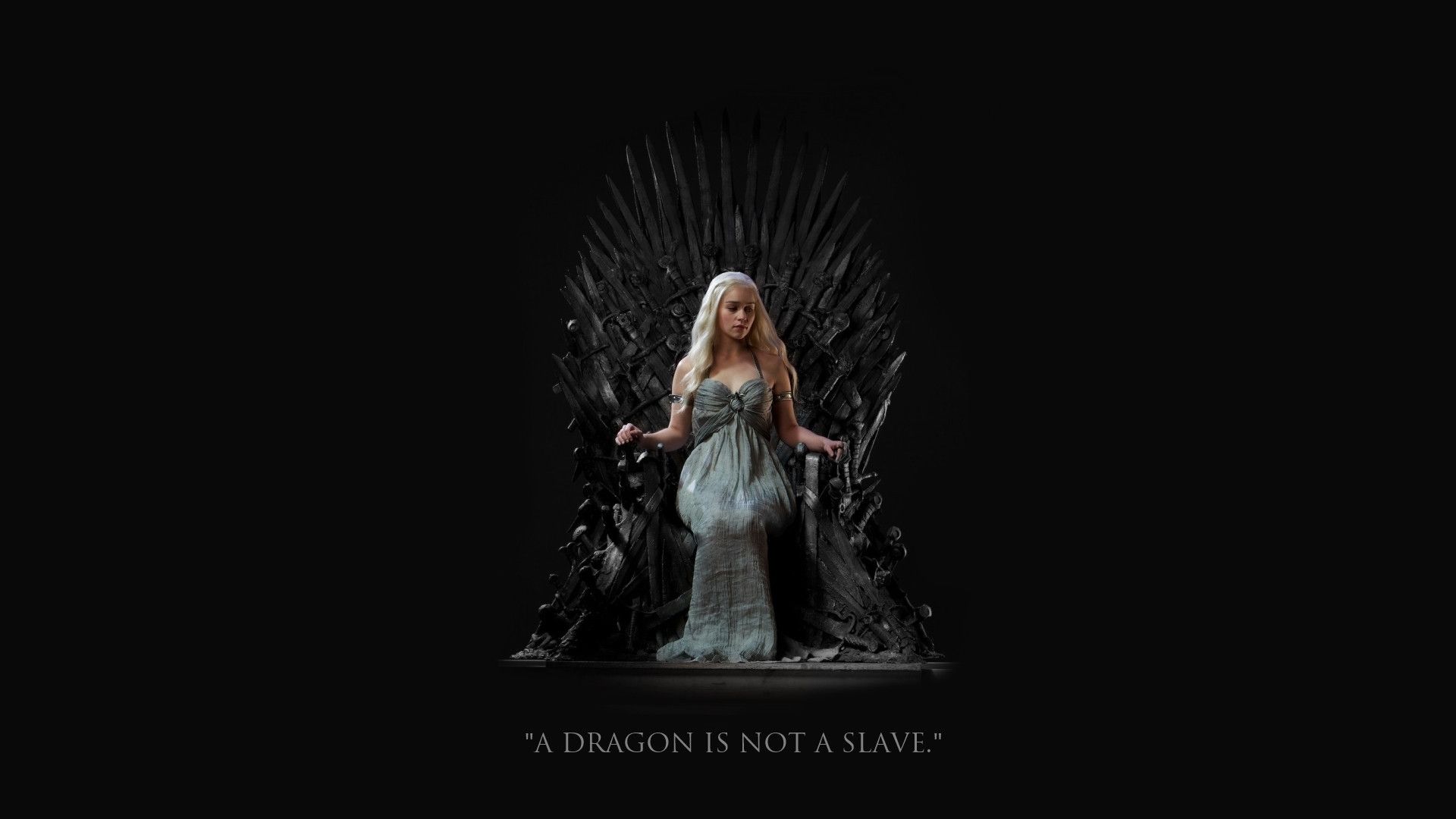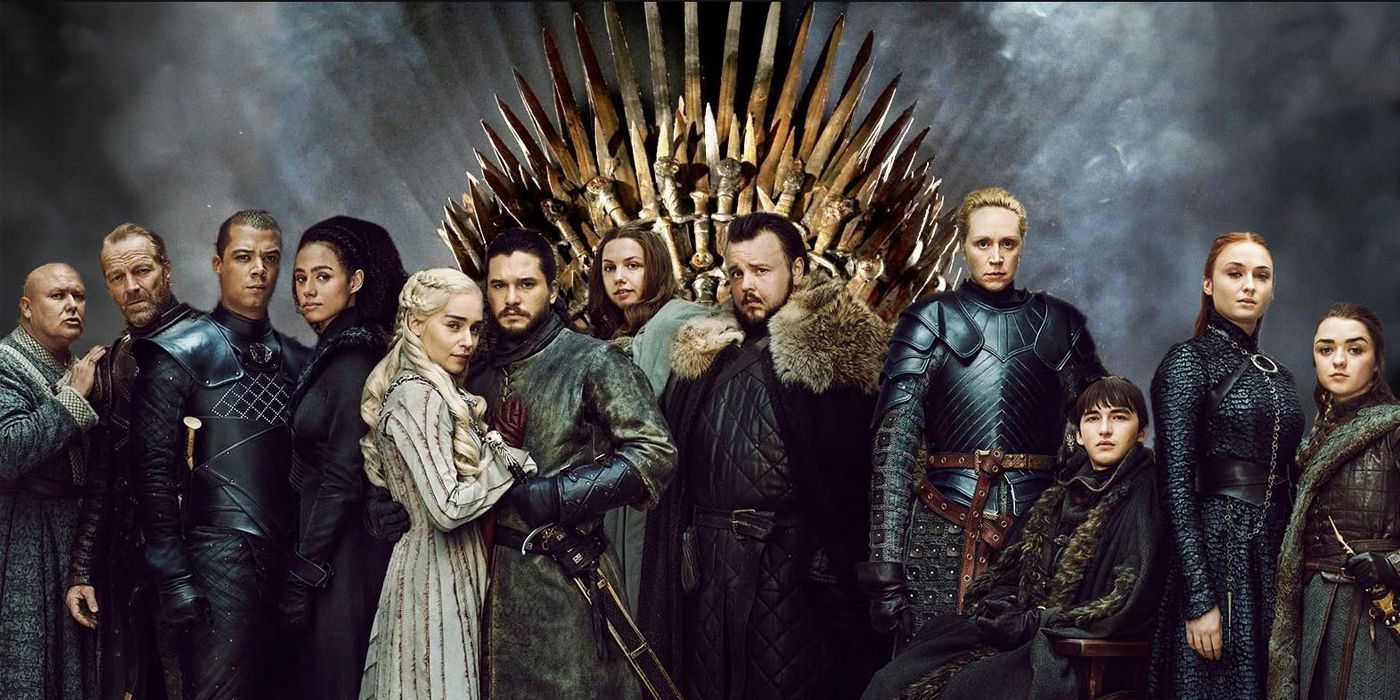Have you ever sat through an episode of Game of Thrones and wondered why everything feels so… well, dark? Like, really dark—almost like someone turned down the brightness on your TV? Yeah, me too. But here's the deal—there's a lot more to this darkness than just some gloomy lighting choices. It's a carefully crafted world that dives deep into the human condition, where the darkness isn't just visual; it's emotional, thematic, and even symbolic.
Game of Thrones isn't just a show about dragons and knights—it's a gritty, unapologetic exploration of power, politics, and survival. The darkness is a crucial part of what makes it so compelling. But why? Why does this show embrace the shadows so wholeheartedly? Let's dive in and uncover the reasons behind its moody aesthetic and what it all means for the story.
Before we jump into the nitty-gritty, let me tell you something: the darkness in Game of Thrones is not just for show. It's a reflection of the world George R.R. Martin created in his books, A Song of Ice and Fire. This isn't your typical fantasy world with clear-cut heroes and villains. Instead, it's a place where morality is messy, and the lines between good and evil are blurred. And that, my friend, is where the real magic happens.
Read also:Father Son Naked A Thoughtprovoking Exploration Of Trust Communication And Modern Family Dynamics
Understanding the Roots of Darkness
The Literary Origins of Game of Thrones
Let's rewind for a sec and talk about where it all began. George R.R. Martin's A Song of Ice and Fire series, which inspired the show, is steeped in medieval history and folklore. Martin drew inspiration from real historical events like the Wars of the Roses, where families battled for power in a brutal, unforgiving world. This historical backdrop sets the tone for the darkness we see in the series.
But here's the kicker: Martin didn't just copy history; he amplified it. He took the harsh realities of medieval life—famine, war, betrayal—and turned them into a rich tapestry of storytelling. The darkness in Game of Thrones is a direct reflection of this world-building. It's not just about making things look cool; it's about creating a believable, immersive universe where anything can happen.
Why the Visuals Are So Gloomy
Now, let's talk about the elephant in the room—or should I say, the shadow on the screen. The visual style of Game of Thrones is undeniably dark. From the dimly lit castles to the foggy battlefields, every scene feels like it's bathed in shadow. But why is that?
First off, the show's cinematography is heavily influenced by the natural lighting of the locations where it was filmed. Many scenes were shot in places like Northern Ireland, Iceland, and Croatia, where the weather can be… let's just say, less than sunny. This natural lighting adds an authentic, almost raw quality to the visuals.
Secondly, the show's creators wanted to create a sense of realism. Fantasy worlds often get a bad rap for being too bright and shiny, but Game of Thrones takes a different approach. By embracing the darkness, the show grounds itself in a more grounded, believable reality. It's not just about aesthetics; it's about storytelling.
The Thematic Darkness: More Than Meets the Eye
Exploring the Human Condition
But the darkness in Game of Thrones isn't just visual—it runs deep into the themes of the show. At its core, Game of Thrones is a story about power, and how people react when they're faced with it. The characters in the series are complex, flawed, and often morally ambiguous. They make tough decisions, sometimes for the greater good, sometimes for their own gain. And those decisions often come with a hefty price tag.
Read also:Do Us A Flavor The Ultimate Journey Into The World Of Custom Snack Creations
Take Ned Stark, for example. He was a man of honor and integrity, but his adherence to those principles ultimately led to his downfall. Or Cersei Lannister, whose thirst for power drove her to do some truly despicable things. These characters, and their struggles, reflect the darker aspects of human nature. And that's what makes the show so captivating—it's not just about dragons and swords; it's about the choices we make and the consequences that follow.
The Role of Symbolism
Let's not forget the role of symbolism in Game of Thrones. The darkness in the series isn't just a stylistic choice—it's a powerful metaphor. Think about the Night King and the White Walkers. They represent the ultimate threat to humanity—a force that seeks to destroy everything in its path. But they also symbolize the darkness within us—the fear, the doubt, the uncertainty that we all face in our own lives.
And then there's the Wall, a massive barrier that separates the known world from the unknown. It's a physical representation of the divide between light and darkness, civilization and chaos. The Wall serves as a constant reminder that the darkness is always lurking just beyond the edge of our world, waiting for its chance to strike.
Why the Darkness Works
Creating Emotional Resonance
So why does the darkness in Game of Thrones work so well? For starters, it creates a sense of tension and suspense. When you're watching a show where anything can happen, you're on the edge of your seat the entire time. The darkness adds to that tension, making every scene feel like it could be the last.
But it's not just about keeping viewers on their toes. The darkness in Game of Thrones also creates a deep emotional resonance. When a character you love meets a tragic end, it hits you hard because you've been invested in their journey. The show doesn't shy away from depicting the harsh realities of life, and that makes the victories—few and far between as they may be—all the more rewarding.
The Influence of Real-World History
As I mentioned earlier, Game of Thrones draws heavily from real-world history. The Wars of the Roses, in particular, were a bloody, chaotic period in English history where families fought for the throne. The darkness of that era is reflected in the series, where alliances are forged and broken, and loyalty is a rare commodity.
But it's not just the Wars of the Roses that inspire the show. The series also draws from other historical events, like the Crusades, the Hundred Years' War, and even the Roman Empire. By grounding the story in historical reality, the show creates a world that feels authentic and lived-in. And that authenticity is part of what makes the darkness so effective.
The Impact on Fans
Why We Love the Darkness
Now, let's talk about the fans. Why do we love a show that's so relentlessly dark? Is it because we're all secretly masochists, or is there something deeper going on here? I think it's a bit of both, to be honest.
On one hand, the darkness in Game of Thrones is thrilling. It keeps us on our toes, makes us question everything we thought we knew about the characters and the world. On the other hand, it resonates with us on a deeper level. We live in a world that's not always sunshine and rainbows, and Game of Thrones reflects that. It shows us that even in the darkest of times, there's still hope—and that's a powerful message.
Challenges and Criticisms
Of course, not everyone is a fan of the darkness in Game of Thrones. Some critics have accused the show of being too grim and gratuitous, arguing that the constant violence and tragedy can be overwhelming. And let's be real—it can be a lot to handle sometimes. But here's the thing: the darkness in Game of Thrones serves a purpose. It's not just there for shock value; it's an integral part of the story.
That said, the show does have its flaws. Some viewers have criticized the pacing, the character arcs, and even the ending. But despite its imperfections, Game of Thrones remains one of the most beloved shows of all time. And that's because, at its heart, it's a story about people—and the darkness that we all face in our own lives.
The Legacy of Game of Thrones
As we look back on the series, it's clear that Game of Thrones has left an indelible mark on the world of television. It's a show that pushed boundaries, challenged conventions, and redefined what fantasy storytelling could be. And while the darkness may have been a tough pill to swallow at times, it's also what made the show so unforgettable.
So why is Game of Thrones so dark? Because it needed to be. The darkness is a reflection of the world it created—a world that's messy, complicated, and often cruel. But it's also a world that's full of beauty, wonder, and hope. And that's what makes it so special.
Final Thoughts and Takeaways
In conclusion, the darkness in Game of Thrones is more than just a stylistic choice—it's a crucial element of the show's storytelling. From its historical roots to its thematic depth, the darkness adds layers of complexity and meaning to the series. It challenges us, provokes us, and ultimately, makes us think.
So the next time you find yourself watching an episode of Game of Thrones, take a moment to appreciate the shadows. They're not just there to make things look cool—they're there to tell a story. And what a story it is.
Now it's your turn. What do you think about the darkness in Game of Thrones? Love it or hate it, I'd love to hear your thoughts in the comments below. And if you enjoyed this article, don't forget to share it with your fellow Thrones fans. Until next time, keep chasing the light—even in the darkest of times.
Table of Contents
- Understanding the Roots of Darkness
- The Literary Origins of Game of Thrones
- Why the Visuals Are So Gloomy
- The Thematic Darkness: More Than Meets the Eye
- Exploring the Human Condition
- The Role of Symbolism
- Why the Darkness Works
- Creating Emotional Resonance
- The Influence of Real-World History
- The Impact on Fans
- Why We Love the Darkness
- Challenges and Criticisms
- The Legacy of Game of Thrones
- Final Thoughts and Takeaways


